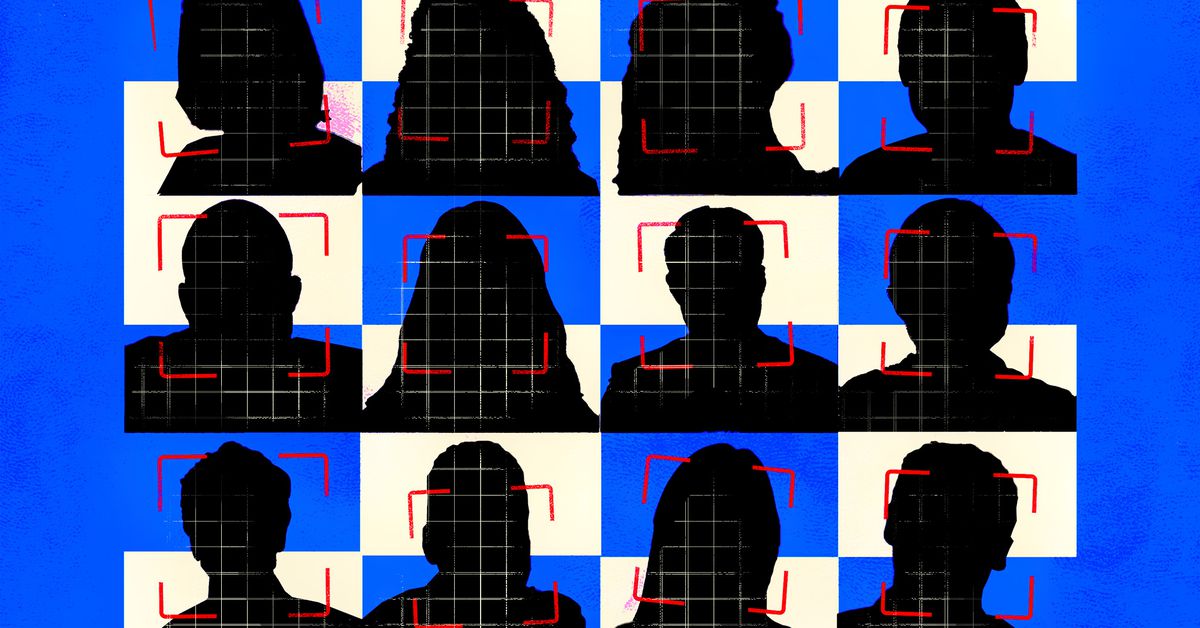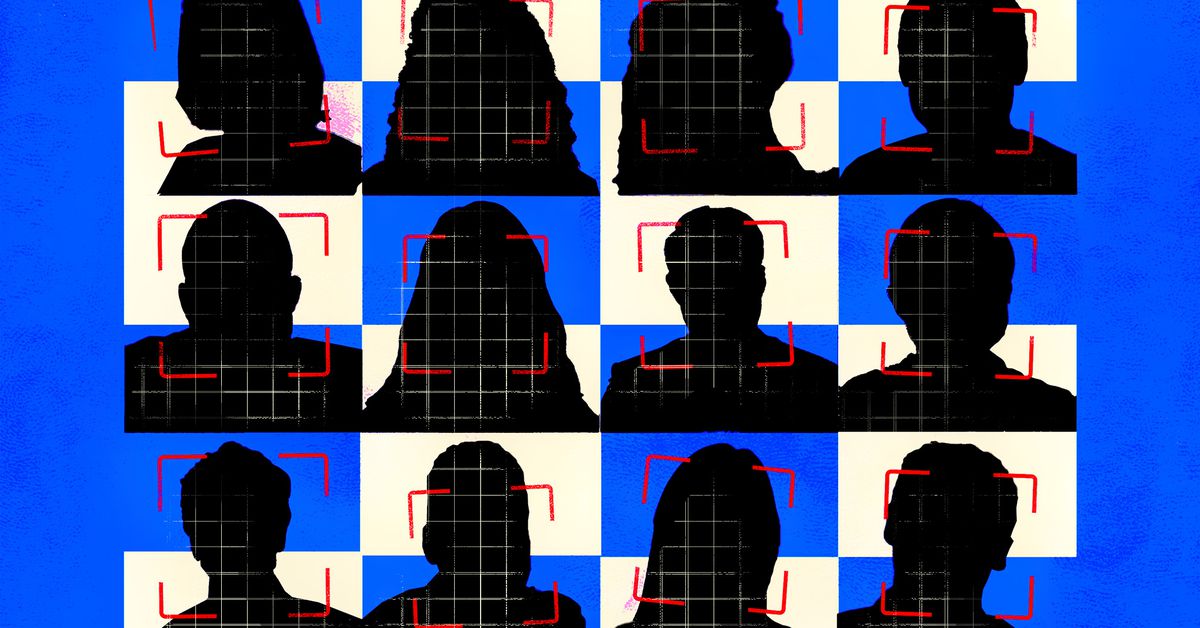
Clearview AI is on track to receive a US patent for its facial recognition technology, according to a report from Politico. The company was reportedly sent a “notice of allowance” by the US Patent and Trademark Office, which means that once it pays the required administration fees, its patent will be officially approved.
Clearview AI builds its facial recognition database using images of people that it scrapes across social media (and the internet in general), a practice that has the company steeped in controversy. The company’s patent application details its use of a “web crawler” to acquire images, even noting that “online photos associated with a person’s account may help to create additional records of facial recognition data points,” which its machine learning algorithm can then use to find and identify matches.
Critics argue that Clearview AI’s facial recognition technology is a violation of privacy
Critics argue that Clearview AI’s facial recognition technology is a violation of privacy and that it may negatively impact minority communities. The technology is allegedly less accurate when identifying people of color and women, potentially leading to false arrests when used by law enforcement agencies.
Last year, the company said that its technology was used by over 2,400 police agencies — including the FBI and Department of Homeland Security — to identify suspects. In the aftermath of the Capitol riots this January, Clearview AI said the use of its technology by law enforcement sharply increased as detectives worked to identify those associated with the incident.
The American Civil Liberties Union sued the company last year for violating the Illinois Biometric Information Privacy Act, resulting in Clearview stopping the sale of its technology to private companies and non-law enforcement entities. In November, the Australian government ordered the company to clear its database of all its citizens, and earlier this year, a number of European agencies filed legal complaints against Clearview AI. In addition, a Canadian privacy commissioner called the company’s technology “illegal mass surveillance.”
Clearview AI hasn’t even been able to get on Big Tech’s good side. Last year, Facebook, LinkedIn, Twitter, YouTube all sent cease and desist letters demanding that the company stop scraping images and videos from the platforms, as the practice is in violation of each site’s policies.
